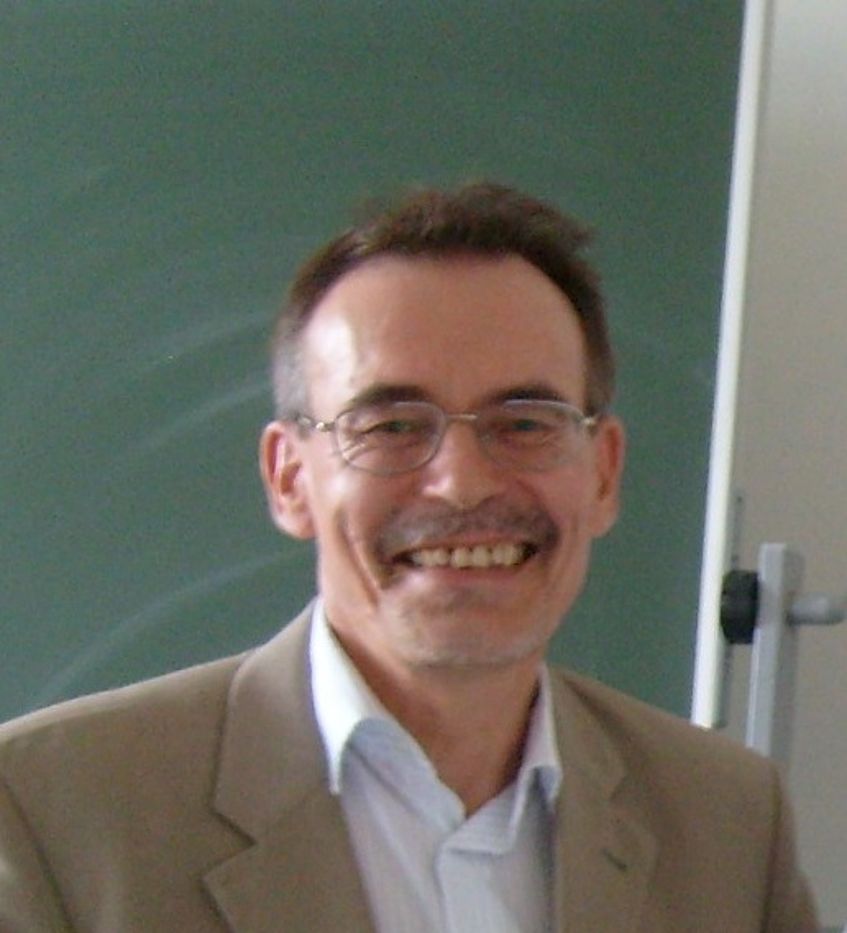Obituary Chlodwig H. Werba

Obituary Chlodwig H. Werba
by Karin Preisendanz
After a short severe illness, our friend and colleague Chlodwig H. Werba passed away on January 25, 2019, leaving behind his wife Ursula Werba-Berger.
Even before completing his doctoral dissertation (a distinguished “promotio sub auspiciis praesidentis rei publicae”) in Linguistics and Classical Philology on “Die arischen Personennamen und ihre Träger bei den Alexanderhistorikern (Studien zur iranischen Anthroponomastik)” at the University of Vienna in 1982 (unpublished), Werba had been employed as a student assistant at the former Department of Indology of the University and involved in its various editorial projects. From 1983 onwards, he was University Assistant at the same department and started to regularly teach there, competently contributing the (historical )linguistic aspects of Vedic, the Prakrit languages and classical Sanskrit to the teaching program. In 1994, he received tenure, which was followed in 1997 by his habilitation in the field of Indo-Iranian Studies with a thesis published in the same year as “Verba Indoarica: Die primären und sekundären Wurzeln der Sanskrit-Sprache. Pars I: Radices Primariae” by the publishing house of the Austrian Academy of Sciences, Vienna. This monumental monograph (590p.) is Werba’s lasting opus magnum which characterizes him as an extremely meticulous and competent, broadly informed and well organized historical linguist with a seemingly inexhaustible collector’s passion.
Werba published several papers, mainly in Iranian linguistics, his main area of research interest. Among these, the following two should be especially mentioned:
“mavared-ra na-bayad ziyad kard be joz-e ehtiyaj [(Indo-)Iranische Rekonstrukte als textkritisches Korrektiv in der Altiranistik”, in Iranistik in Europa: gestern, heute, morgen. Akten der Fachtagung in Graz, 12.–15.02.2003, ed. H. Eichner et al., Wien: Verlag der Österreichischen Akademie der Wissenschaften 2006, pp. 261–306.
“Das Epitheton achaimenidischer Macht und Größe: Medisches Erbe oder altpersische Neubildung”, in Ranj-o Ganj: Arjnāme-ye Dr. Zohre Zaršenās. Papers in Honour of Prof. Z. Zarshenas Part II, Teheran: Institute of Human Science and Cultural Studies 2013, pp. 119–240.
He was also interested in aspects of the history of Indology, seen, e.g., in “Leopold von Schroeder: Eine annotierte Bibliographie”, co-authored with Arlo Griffiths and published in the Wiener Zeitschrift für die Kunde Südasiens / Vienna Journal of South Asian Studies (WZKS) 50, 2006, pp. 5–25.
Next to collecting material for the first and (almost completed) second part of his “Verba Indoarica”, Werba’s main field of activity was in editing and indexing. Since his days as a student assistant in 1979, he was involved in various ways in the editing of the WZKS and from volume 44 onwards (2001) acted as co-editor. Together with Gerhard Oberhammer, he also edited the second volume of Erich Frauwallner’s posthumous works, entitled “Philosophische Texte des Hinduismus” (Wien: Verlag der Österreichischen Akademie der Wissenschaften 1992). Moreover, Werba was a passionate and highly conscientious academic teacher, both at the Department of South Asian, Tibetan and Buddhist Studies of the University of Vienna and at its Department of Linguistics.
Werba was a member of the founding executive board of the association "De Nobili Research Library – Association for Indology and the Study of Religion" in the function of deputy secretary from 1989 until 2000.
The Department of South Asian, Tibetan and Buddhist Studies of the University of Vienna and the association have lost an always engaged, highly knowledgeable and sometimes enjoyably disputatious colleague. He will be deeply missed by colleagues and students alike.
